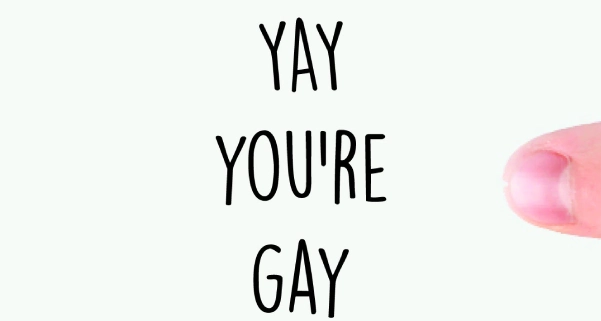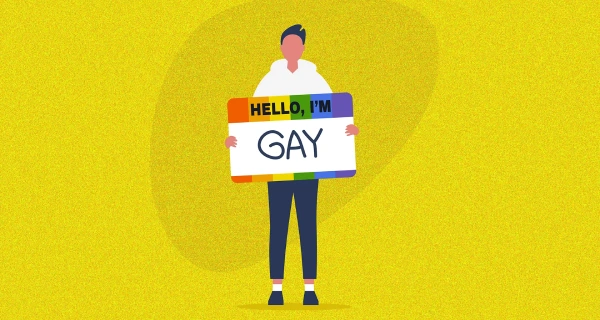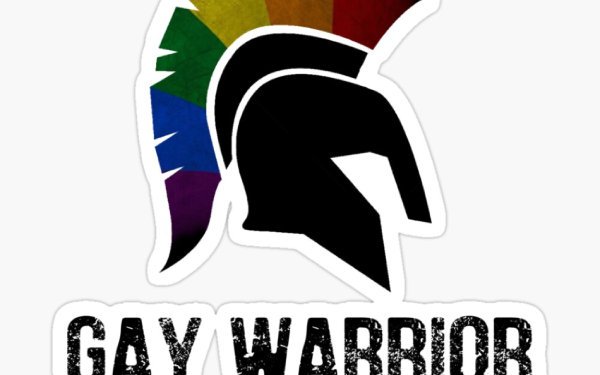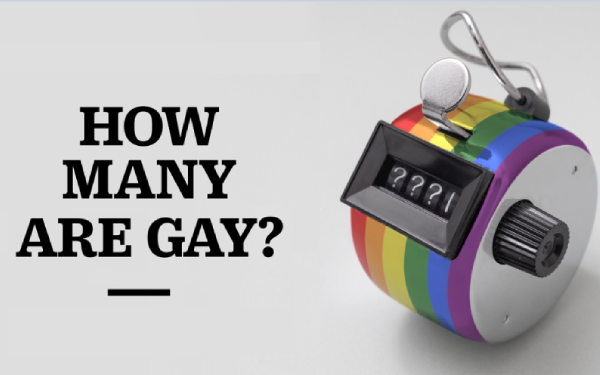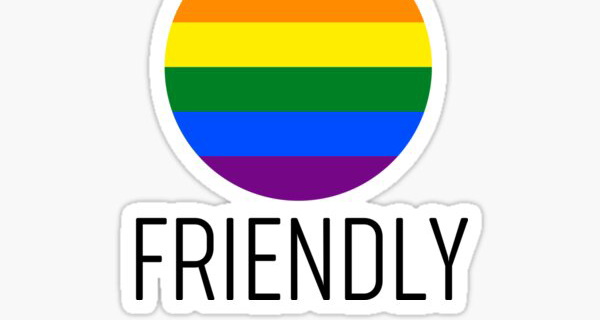
The Trump administration has taken steps to roll back protections for LGBTQ+ individuals, such as banning transgender Americans from serving in the military and weakening nondiscrimination protections in homelessness policies. When it comes to adoption, the official stance of the Trump administration is one of neutrality on gay adoption rights.
While there is no specific policy that either supports or opposes gay adoptions, current law prohibits any form of discrimination in adoptions based on sex, sexual orientation and gender identity. Therefore, any adoption agency receiving federal funding must be open to gay couples seeking to adopt children. In addition, since 2020 many states have passed laws protecting LGBTQ+ people's right to start a family by adopting children.
The bottom line is that while the Trump administration may not be actively supporting or advocating for gay adoption rights, they are not taking steps to rollback existing rights or protections for this population.
Implications of Trump Administration's Policies on Gay Adoption
The Trump administration has taken a hard stance against gay adoption. In 2017, the Department of Health and Human Services released a document pushing adoption agencies to prioritize religious liberty over child welfare concerns. The document calls for adoption officials to "decline to approve applications from same-sex couples seeking to adopt or seek foster care services."
The Trump administration coupled this move with attempts at vastly expanding the religious exemption for adoption agencies, which allows them to deny serving LGBTQ prospective parents. According to the regulations set forth by this exemption, these agencies believed that their freedoms were the more important. This can lead to devastating effects for LGBTQ families that are seeking foster care and adoption options.
In short—while the Trump administration appears receptive towards conservative Christian values when it comes to gay adoptions, it is not supportive of advocacy for LGBTQ rights in any meaningful way. The result is an environment that is potentially hostile and dangerous towards loving same-sex families seeking stable homes and financial assistance throughgay adoption programs.
Explain Trump's stance towards gay adoption
In the past, President Trump and his administration have expressed their opposition to gay adoption. While he has not directly spoken out against it recently, many of his policies have actively restricted the rights of LGBTQ+ people to adopt children.
For instance, the Trump administration officially banned adoption agencies from receiving federal funding if they did not comply with rules that refuse same-sex couples from joining an organization. This means that even foster parents who are in a same-sex marriage have been denied services by agencies that receive government funding.
Additionally, President Trump appointed Justice Neil Gorsuch and Brett Kavanaugh to the U.S. Supreme Court — both justices are opposed to LGBTQ+ rights and have worked towards restricting those rights in various cases concerning gay adoption. With their presence on the Georgia Supreme Court, it is expected that future rulings concerning adoption may be tilted in favor of conservative views.
Overall, while President Trump himself has yet to make a direct statement on the subject matter, it is clear from some of his more recent decisions that he does not support gay adoption as openly as some other administrations.
Describe the current laws in regards to same-sex adoption
In the United States, same-sex adoption is legal in all 50 states. However, there are still some states that have laws or policies that make it more difficult for same-sex couples or LGBTQ+ individuals to adopt. For example, some states allow adoption agencies to discriminate against LGBTQ+ couples based on religious beliefs.
The legal landscape for same-sex adoption has evolved over the years. In 1997, the state of Florida passed a law that banned same-sex couples from adopting children. However, the law was struck down in 2010 by a federal judge who deemed it unconstitutional.
In 2015, the Supreme Court ruled in the landmark case of Obergefell v. Hodges that same-sex couples have the constitutional right to marry. This ruling also had implications for adoption, as it meant that same-sex couples could now adopt and have their marriages recognized in all 50 states.
Despite these legal victories, same-sex couples still face challenges when it comes to adoption. For example, they may encounter bias from adoption agencies or face discrimination from birth parents who are choosing adoptive parents for their child. However, the current laws in the United States do allow for same-sex couples and LGBTQ+ individuals to adopt children.
Discuss social and legal implications of same-sex adoption
The current laws in regards to same-sex adoption vary by state and country. In the United States, same-sex couples have the legal right to adopt children in all 50 states. However, some states have laws that allow adoption agencies to discriminate against same-sex couples based on religious beliefs or moral objections. These laws are often referred to as "religious freedom" or "conscience protection" laws.
In other countries, the laws regarding same-sex adoption vary widely. Some countries, such as Canada and the United Kingdom, allow same-sex couples to adopt children without any restrictions. Other countries, such as Russia and some African nations, have outright bans on same-sex adoption.
It's important to note that even in countries where same-sex adoption is legal, there may still be societal or cultural barriers that make it difficult for same-sex couples to adopt. For example, some adoption agencies may be hesitant to work with same-sex couples, or there may be a shortage of same-sex adoptive parents due to cultural stigma.
Overall, while progress has been made in recent years towards legalizing same-sex adoption, there is still a long way to go to ensure that all couples have equal access to the adoption process.
Evaluate the impact of Trump's policy
Since the election of President Trump, a lot of changes have been made to US policies addressing gay adoption. Initially, in July 2019, the Trump Administration declared that organizations are allowed to receive funding from the government even if they use religious objections as justification to deny LGBTQ couples access to adoption services. This policy sparked immediate backlash by members of Congress and LGBTQ advocates who argued that it was unfair and unjust.
The impact of this decision has had far reaching effects on both parents wishing to adopt and children seeking families. Despite numerous challenges in court, opponents have failed and Trump's policy still stands. As a result, many organizations now turn away potential adoptive parents due to their sexual orientation, leaving hundreds of children without homes or loving families. This issue is even more concerning for married couples who cannot both be listed as the legal parent and must sometimes go without insurance or other benefits due solely to their same-sex marriage status.
LGBTQ advocates have continued to work towards creating an inclusive environment for all people regardless of sexual orientation but there is still much progress that needs to be made before we can truly see real change resulting from Trump's policies in regards to gay adoption.

